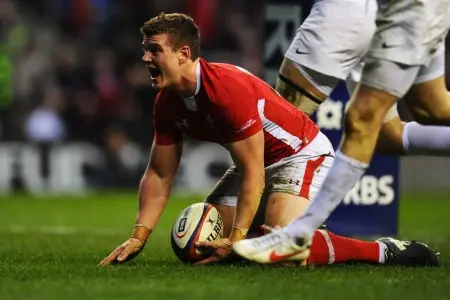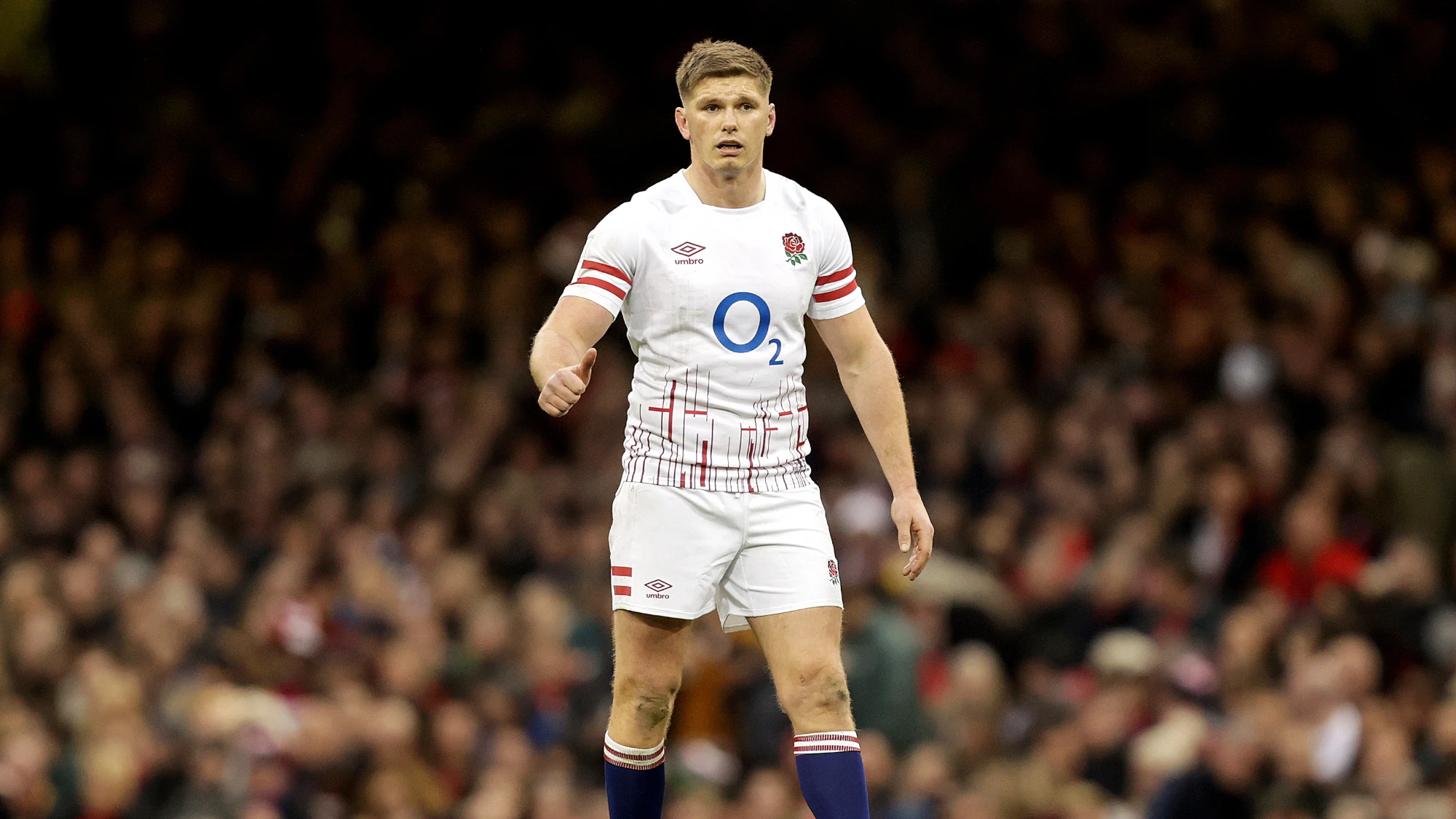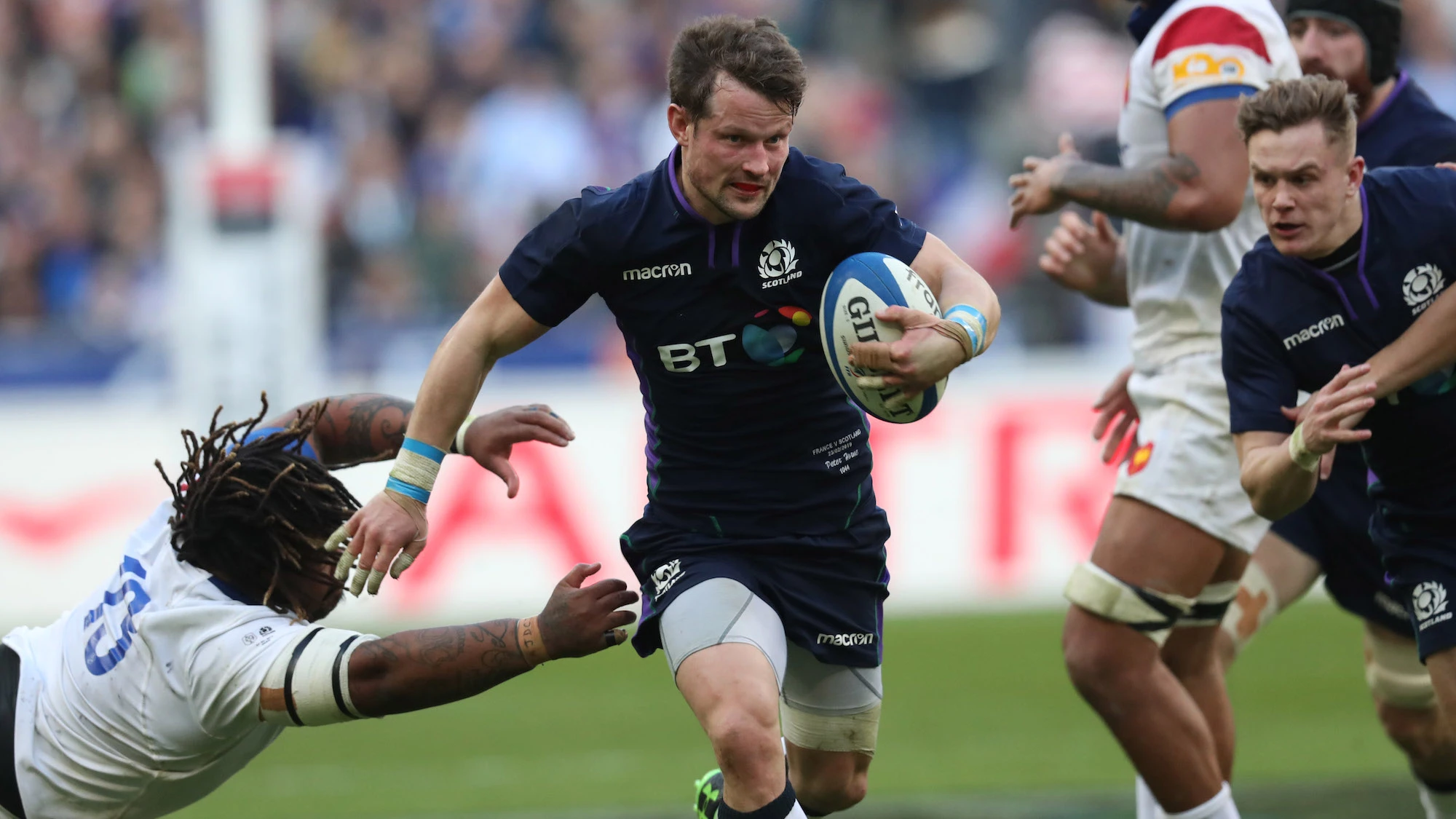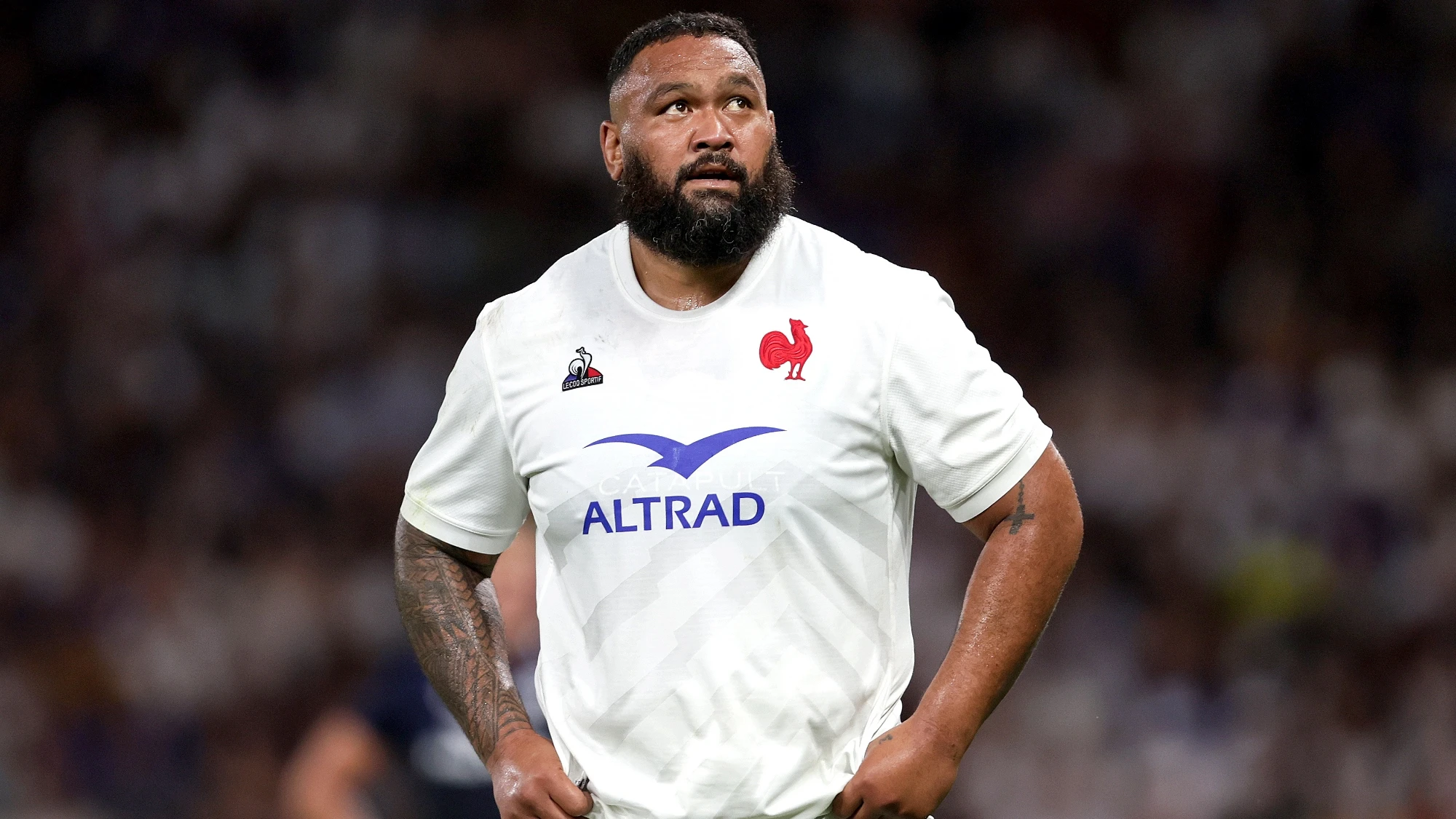Round by deafening round, the Six Nations is moving ever closer to the suitably thunderous finale of a double-edged Grand Slam decider – Wales v France in Cardiff on St. Patrick’s Day.
It has happened only once since the Five became Six at the turn of the century, at the old Lansdowne Road in March 2003 when Ireland and England collided with identical records of four wins out of four.
Captain Martin Johnson’s team for all seasons, just one score ahead after an hour of unrelenting ferocity, ran away with it 42-6 in the final quarter en route to collecting the World Cup in Sydney eight months later.
Wales, their capacity for survival under the unflinching Sam Warburton tested as never before during a momentous match at Twickenham, will expect to make it four out of four against Italy at the Millennium Stadium on Saturday week. France have a whole lot more to do if they are to keep their part of the bargain and go to Cardiff on a level playing field.
They meet Ireland in Paris this Sunday and there is no question that its rescheduling from the second Saturday of the championship because of a frozen pitch has made life considerably more difficult. Four matches on successive weekends adds up to a test of endurance which has already claimed a victim.
Maxime Medard hobbled home from Edinburgh on crutches 24 hours after scoring the try which finally ended Scotland’s often heroic attempt to spring the surprise of the tournament. Thankful to have escaped Murrayfield with a win to follow their four-try opener against Italy three weeks earlier, France responded to the gaping hole at full-back over Medard’s loss by recalling his Toulouse team-mate, the accomplished Clement Poitrenaud.
Ireland return to Paris in better shape physically and mentally than they were before the postponement. Instead of going there straight after the demoralising nature of their late home defeat by Wales, they make the trip fresh from a restoration of the faith during the course of a thumping win over Italy.
It was far from perfect but five tries in one match take some getting, as England, Scotland and the Azzurri know only too well. The Irish know they will have to produce something better on Sunday afternoon in a city where they have managed one win during the 40 years since the newly-capped Johnny Moloney scored a debut try at Stade Colombes and Tom Kiernan marked his reinstatement as captain at the age of 33 with the decisive penalties.
Winning in Paris at any stage during the four decades since has required something truly extraordinaire. Brian O’Driscoll, then a 20-year-old in his first championship, provided it, his unforgettable hat-trick of tries edging Ireland home 27-25 in a thriller. Successive French teams have not missed any subsequent opportunity at home to make the Irish pay and keep paying.
France have won the last five by an average of 19 points, a figure inflated by the 44-5 rout ten years ago which might have left the Irish captain, Keith Wood, questioning the wisdom of provoking them into such fearful retribution for his try in the opening ten minutes.
Saint-Andre knows the coming weeks will test French resources, plentiful in some departments, threadbare in others. Should their reserve strength prove inadequate, there will be no shortage of fingers pointing the blame fairly and squarely on the expanding contingent of foreign imports into the Top 14, most notably of the front row variety.
The hefty presence of non-French props, headed by international practitioners from Georgia and Romania, will become heftier still next season with some notable additions. England’s Andrew Sheridan and the Welsh Lion Gethin Jenkins will be plying a more lucrative trade next season at Toulon, ironically Saint-Andre’s previous club.
“We have a lot of depth at scrum half and in the back row,” Saint-Andre said before leaving Edinburgh. “But we don’t have many props. There’s not that many either at fly half, wing and full-back.
“The guys who have come into the side have done very well but maybe we will have to bring in more over the next three weeks.”
Wales, the Triple Crown trophy under lock and key but with bigger fish still to fry, have no such worries. Privately, they will settle for nothing less than a third Slam in eight years although nothing can ever compensate them fully for losing the World Cup semi-final at Eden Park last October.
In the colourful history of a fixture stretching back over a century, last Saturday’s England-Wales match commands an elevated place among the classics.
Had it finished all-square at four penalties apiece, it would have been held up as a shining example of how Test rugby can generate an epic without a try.
Scott Williams changed all that and the course of Six Nations history with his intervention four minutes from time. His entry for the start of the second half in place of an injured Jamie Roberts will go down as the most inspired substitution since Ray ‘Chicko’ Hopkins at the same place against the same opposition in 1970.
Just as Gareth Edwards’ scrum-half replacement turned a lost cause into a winning one by creating one try and scoring another, so Williams produced something equally extraordinary to leave England feeling as though they had been robbed of the most honourable of draws.
They might very easily have won but for Warburton making the tackle of the tournament on Manu Tuilagi. Grand Slams take some winning and if Wales finish up with another on March 17, Williams’ single-handed intervention will have made it all possible unless, of course, something still more sensational happens during the remainder of a tournament which has been registering high on the Richter Scale from day one.
Nobody would have been more relieved than Williams himself. Some eight minutes earlier, the 21-year-old Scarlets botched what ought to have been a walk-in Welsh try.
Instead of using one of two unmarked runners outside him, Williams went for glory and allowed Ben Foden to avert the crisis for an England team inspired by the midfield trio of Owen Farrell, Brad Barritt and Tuilagi.
When Williams ripped the ball from Courtney Lawes and hared off after his punt of perfection, the moment evoked memories of how another Scott, as in Scott Gibbs, had ambushed another England team, the one under Lawrence Dallaglio at Wembley in April 1999 – the last Five Nations match.
Tom Jones was there that day, belting out Delilah during the pre-match entertainment under a cloudless sky. Watching from high up in the stand, the old superstar must have thought he had seen it all before – England ahead for most of the match, as they had been at Wembley, only to be undone by some wizardry from a Welsh centre.
The French followed it all from their hotel in Edinburgh and went out the next day to remind Wales that they are not the only unbeaten team.
They did so despite groping their way through a troubled opening quarter highlighted by Stuart Hogg’s corner try in celebration of his status as the first teenager to start for Scotland since the electrifying Jim Renwick got one in the same fixture 40 years earlier.
The Scots deserved more for their early enterprise than Hogg’s airborne finish shortly before Rory Lamont’s fearless jump for a re-start resulted in the cruellest of blows, a broken leg. Another sweeping move, finished off by another of their young backs, Lee Jones, renewed hope of a famous win before the French scrum snuffed out any such notion.
In marked contrast to their failure against England, Scotland at least gave the Murrayfield faithful something to shout about. Despite a third straight defeat, the performance reinforced Andy Robinson’s belief that Scotland are improving even if the reality points to their championship ending in a wooden spoon duel with Italy in Rome.
Best XV from Round Three:
15 Leigh Halfpenny (Wales) 14 Tommy Bowe (Ireland) 13 Manu Tuilagi (England) 12 Scott Williams (Wales) 11 George North (Wales) 10 Owen Farrell (England) 9 Lee Dickson (England) 1 Jean-Baptiste Poux (France) 2 Ross Ford (Scotland) 3 Adam Jones (Wales) 4 Paul O’Connell (Ireland) 5 Geoff Parling (England) 6 Stephen Ferris (Ireland) 7 Sam Warburton (Wales) 8 Sergio Parisse (Italy)



